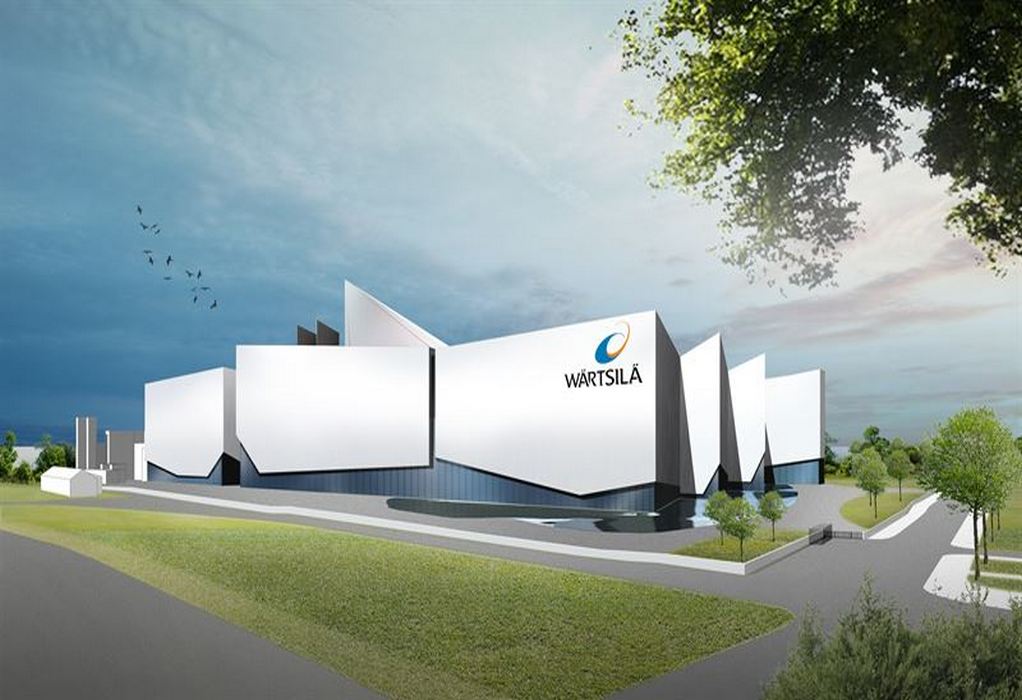The conversion of one of the engines on the ro-pax vessel Stena Germanica inspired the initial growth of the market for methanol powered vessels, and Wärtsilä continues to expand its engine and service offerings.
The 240-metre ferry Stena Germanica, with a capacity for 1,500 passengers and 300 cars, was retrofitted with a first-of-its-kind Wärtsilä 4-stroke engine that can run on methanol or traditional marine fuels back in 2015. Since then, given the modularity of modern Wärtsilä engines, many can now be upgraded for methanol use, including the Wärtsilä 32 engine, the Wärtsilä 46F diesel engine and Wärtsilä ZA40S 4-stroke engine.
Tags: Engines, Retrofit, Wartsila



Recent Posts
Greenlyte and MB Energy sign strategic e-methanol offtake agreement
CSDC and TECHNOLOG forge alliance to drive green, smart shipbuilding
DPA Kandla invites bids for India’s first port-based bio-methanol plant
Green & Digital Maritime Corridors Dialogue’ at JNPA sets stage for India Maritime Week 2025
Thermax partners with HydrogenPro for alkaline electrolyser systems in India
PIL Conducts First Simultaneous Cargo and LNG Bunkering in Singapore
NYK Takes Delivery of LNG-Fuelled Capesize Bulker SG Dawn
Swire Shipping joins Achilles Maritime Network to strengthen supply chain sustainability and compliance